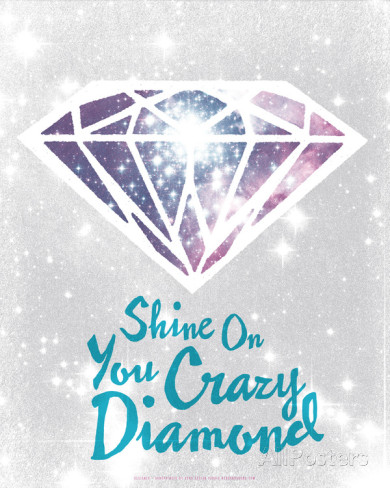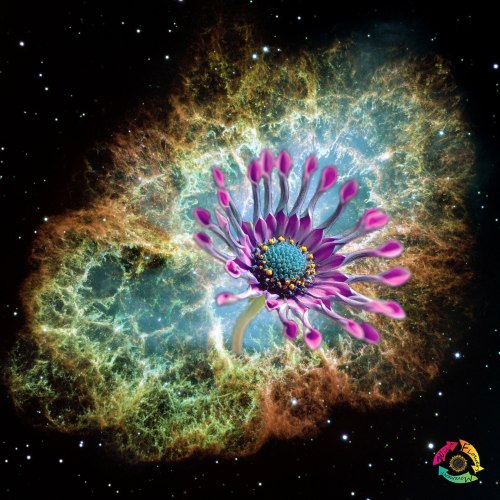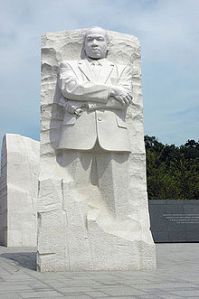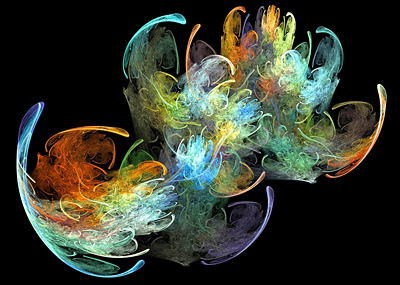By Mark Manson, Entrepreneur, author and world traveler
November 22, 2013 Huff Post, Healthy Living
Everybody wants what feels good. Everyone wants to live a care-free, happy and easy life, to fall in love and have amazing sex and relationships, to look perfect and make money and be popular and well-respected and admired and a total baller to the point that people part like the Red Sea when you walk into the room. Everybody wants that — it’s easy to want that.
If I ask you, “What do you want out of life?” and you say something like, “I want to be happy and have a great family and a job I like,” it’s so ubiquitous that it doesn’t even mean anything. Everyone wants that. So what’s the point?
What’s more interesting to me is what pain do you want? What are you willing to struggle for? Because that seems to be a greater determinant of how our lives end up.
Everybody wants to have an am azing job and financial independence — but not everyone is willing to suffer through 60-hour work weeks, long commutes, obnoxious paperwork, to navigate arbitrary corporate hierarchies and the blasé confines of an infinite cubicle hell. People want to be rich without the risk, with the delayed gratification necessary to accumulate wealth.
azing job and financial independence — but not everyone is willing to suffer through 60-hour work weeks, long commutes, obnoxious paperwork, to navigate arbitrary corporate hierarchies and the blasé confines of an infinite cubicle hell. People want to be rich without the risk, with the delayed gratification necessary to accumulate wealth.
Everybody wants to have great sex and an awesome relationship — but not everyone is willing to go through the tough communication, the awkward silences, the hurt feelings and the emotional psychodrama to get there. And so they settle. They settle and wonder “What if?” for years and years and until the question morphs from “What if?” into “What for?” And when the lawyers go home and the alimony check is in the mail they say, “What was it all for?” If not for their lowered standards and expectations for themselves 20 years prior, then what for?
Because happiness requires struggle. You can only avoid pain for so long before it comes roaring back to life. At the core of all human behavior, the good feelings we all want are more or less the same. Therefore what we get out of life is not determined by the good feelings we desire but by what bad feelings we’re willing to sustain.
“Nothing good in life comes easy,” we’ve been told that a hundred times before. The good things in life we accomplish are defined by where we enjoy the suffering, where we enjoy the struggle.
People want an amazing physique. But you don’t end up with one unless you legitimately love the pain and physical stress that comes with living inside a gym for hour upon hour, unless you love calculating and calibrating the food you eat, planning your life out in tiny plate-sized portions.
People want to start their own business or become financially independent. But you don’t end up a successful entrepreneur unless you find a way to love the risk, the uncertainty, the repeated failures, and working insane hours on something you have no idea whether will be successful or not. Some people are wired for that sort of pain, and those are the ones who succeed.
People want a boyfriend or girlfriend. But you don’t end up attracting amazing people without loving the emotional turbulence that comes with weathering rejections, building the sexual tension that never gets released, and staring blankly at a phone that never rings. It’s part of the game of love. You can’t win if you don’t play.
What determines your success is “What pain do you want to sustain?”
I wrote in an article last week that I’ve always loved the idea of being a surfer, yet I’ve never made consistent effort to surf regularly. Truth is: I don’t enjoy the pain that comes with paddling until my arms go numb and having water shot up my nose repeatedly. It’s not for me. The cost outweighs the benefit. And that’s fine.
On the other hand, I am willing to live out of a suitcase for months on end, to stammer around in a foreign language for hours with people who speak no English to try and buy a cell phone, to get lost in new cities over and over and over again. Because that’s the sort of pain and stress I enjoy sustaining. That’s where my passion lies, my not just in the pleasures, but in the stress and pain.
There’s a lot of self development advice out there that says, “You’ve just got to want it enough!”
That’s only partly true. Everybody wants something. And everybody wants something badly enough. They just aren’t being honest with themselves about what they actually want that bad.
If you want the benefits of something in life, you have to also want the costs. If you want the six pack, you have to want the sweat, the soreness, the early mornings, and the hunger pangs. If you want the yacht, you have to also want the late nights, the risky business moves, and the possibility of pissing off a person or ten.
If you find yourself wanting something month after month, year after year, yet nothing happens and you never come any closer to it, then maybe what you actually want is a fantasy, an idealization, an image and a false promise. Maybe you don’t actually want it at all.
So I ask you, “How are you willing to suffer?” Because you have to choose something. You can’t have a pain-free life. It can’t all be roses and unicorns. Choose how you are willing to suffer.
Because that’s the hard question that matters. Pleasure is an easy question. And pretty much all of us have the same answer. The more interesting question is the pain. What is the pain that you want to sustain?
Because that answer will actually get you somewhere. It’s the question that can change your life. It’s what makes me me and you you. It’s what defines us and separates us and ultimately brings us together.
So what’s it going to be?






